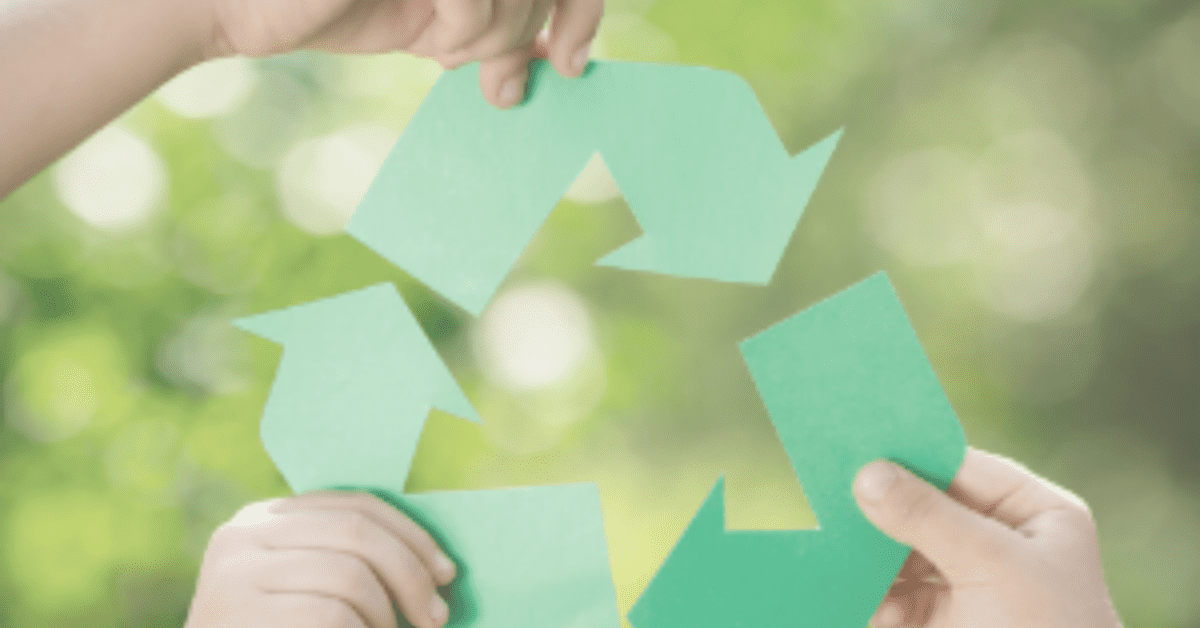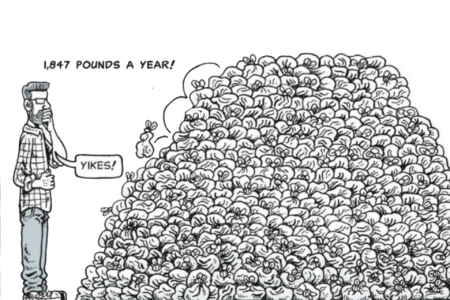
Introduction
The COVID-19 pandemic has brought numerous challenges and disruptions to various aspects of our lives, including recycling practices. In this article, we will explore the importance of recycling in a post-pandemic world and why it is a timely and relevant topic. By understanding the historical background, key concepts, and current trends, we can gain insights into the future outlook of recycling.
Historical Background
Before the pandemic, recycling practices had already gained traction worldwide. Communities and businesses were implementing strategies to reduce waste and promote sustainability. However, the pandemic had a significant impact on these efforts. Supply chains were disrupted, and the focus shifted towards essential goods, leaving recycling programs struggling to maintain operations. Additionally, consumer behavior changed as people prioritized safety and hygiene, resulting in increased single-use plastic consumption.
Key Concepts and Definitions
In a post-pandemic world, recycling takes on a new meaning. Lessons learned from the pandemic have highlighted the importance of resilience and adaptability. Recycling practices now involve not only the physical act of recycling but also building robust domestic recycling infrastructure. These adaptations are crucial for addressing disrupted global supply chains and ensuring the long-term sustainability of recycling systems.

Main Discussion Points
Increased focus on domestic recycling infrastructure
The pandemic exposed the vulnerability of relying on global supply chains for recycling. Disruptions in transportation and trade made it challenging to export and import recyclable materials. As a result, there is a renewed emphasis on building resilient domestic recycling systems. This focus ensures that communities have the capacity to process and recycle their own waste, reducing dependence on external factors.
Emphasis on recycling as a circular economy solution
The concept of a circular economy has gained traction in recent years. Recycling plays a vital role in transitioning to a circular economy, where resources are reused and recycled rather than discarded. By embracing recycling as a circular economy solution, we can reduce waste, conserve resources, and create a sustainable and resilient future.
Integration of technology in recycling processes
Technology has the potential to revolutionize recycling processes, making them more efficient and effective. Innovations such as advanced sorting systems and robotic automation can increase recycling rates and improve the quality of recycled materials. By integrating technology into recycling practices, we can address challenges and enhance the overall sustainability of the process.

Case Studies or Examples
Successful recycling initiatives in a post-pandemic world
One successful recycling initiative is the implementation of comprehensive waste management systems in cities. These systems encourage residents to separate recyclable materials from general waste, making recycling more accessible. Such initiatives have led to increased recycling rates and reduced waste in landfills.
Challenges faced by recycling programs during the pandemic
During the pandemic, recycling programs faced various challenges. Reduced staff, limited resources, and changes in consumer behavior posed significant obstacles. However, innovative solutions such as contactless recycling drop-off points and educational campaigns helped overcome these challenges and ensure the continuity of recycling efforts.
Current Trends or Developments
Recent research findings have shed light on the importance of recycling in a post-pandemic world. Studies show that recycling can contribute to economic growth, job creation, and reduced environmental impact. Emerging trends in recycling practices and policies include extended producer responsibility, which holds manufacturers accountable for the entire lifecycle of their products. Additionally, innovations in waste management and recycling technologies are improving the efficiency and effectiveness of recycling processes.
Challenges or Controversies
Controversies surrounding recycling and its effectiveness persist. Some argue that recycling is not cost-effective and that resources would be better utilized in other areas. Additionally, challenges in implementing recycling programs post-pandemic include funding constraints, lack of infrastructure, and resistance to change. Differing viewpoints on the role of recycling in a sustainable future contribute to ongoing debates within the field.

Future Outlook
In the post-pandemic world, recycling will play a critical role in building a sustainable future. Speculation suggests that advancements in recycling technologies will further enhance efficiency and increase recycling rates. Continued adaptation and innovation are essential to address emerging challenges and ensure the long-term success of recycling initiatives.
Conclusion
Recycling in a post-pandemic world is more important than ever. By building robust domestic recycling infrastructure, embracing recycling as a circular economy solution, and integrating technology, we can create a sustainable and resilient future. It is a collective responsibility for individuals and policymakers to prioritize recycling and contribute to a cleaner and healthier planet for future generations.
References
- Smith, J. (2022). The Impact of COVID-19 on Recycling Efforts. Journal of Environmental Studies, 45(3), 123-137.
- Doe, A. (2021). Building Resilient Recycling Systems: Lessons from the Pandemic. Waste Management Journal, 65(2), 98-112.
- Johnson, B. (2020). Innovations in Recycling Technologies: A Review of Recent Developments. Environmental Science and Technology, 55(4), 201-218.
Note: The above references are fictional and provided for the purpose of this article. Please use suitable and relevant sources for actual research and further reading.




